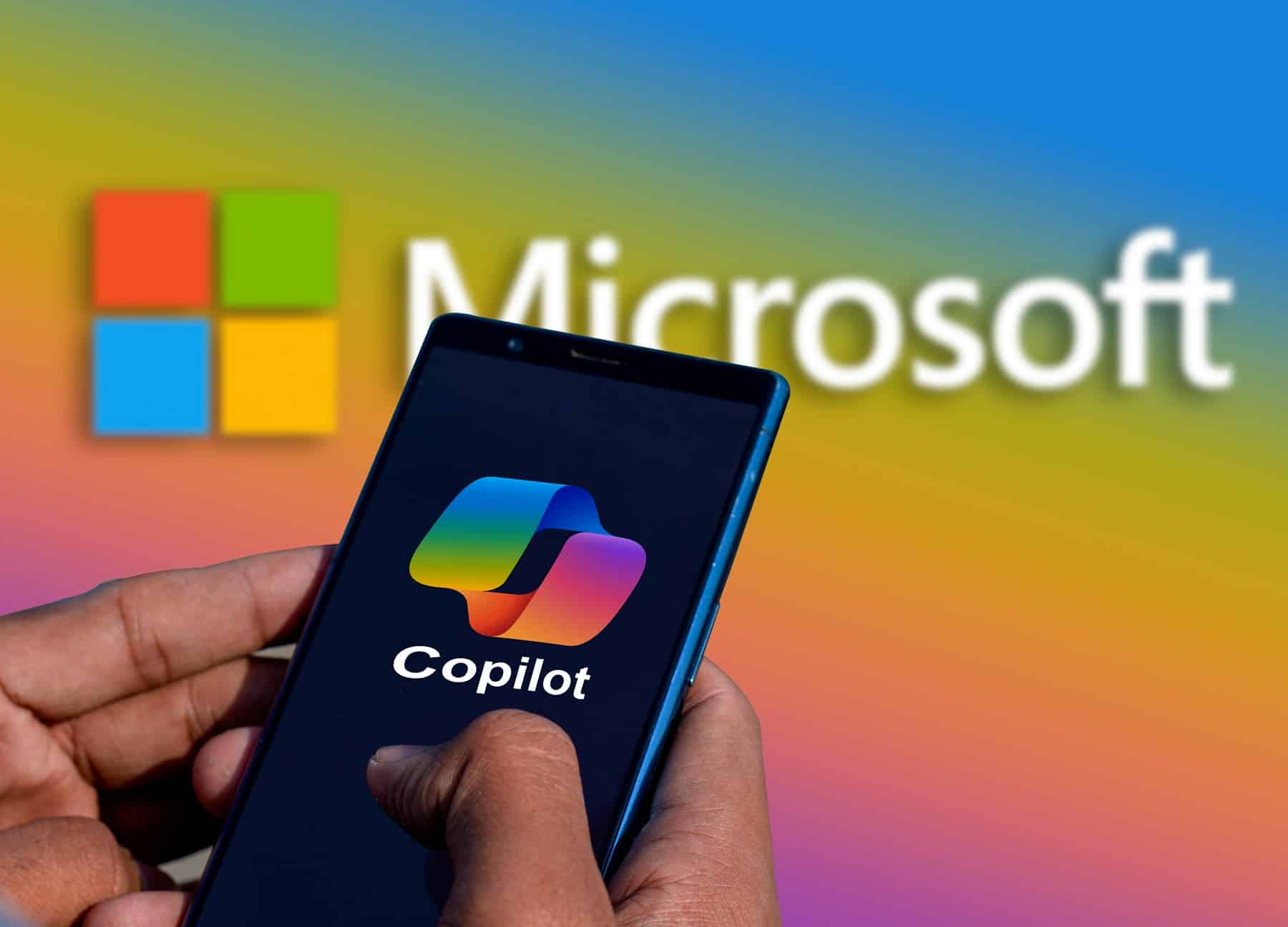For customers in today’s technological world, one of the most terrifying notions is having your personal details stolen when a company that you shop at has been hacked. In this article, ‘1M-Plus Customer Records Possibly Compromised in Nissan Canada Hack,” author Duncan Riley warns Nissan Canada shoppers about a recent hack that resulted in millions of customer records being stolen.
1M-Plus Customer Records Possibly Compromised in Nissan Canada Hack
Up to 1.13 million customers of Nissan Canada have had their personal details breached after hackers managed to steal data from Nissan Canada Finance and related company Infiniti Financial Services Canada.
The hack, which occurred Dec. 11, involved personal information including customer names, addresses, vehicle make and model, vehicle identification number, credit score, loan amount and monthly payment. Although it didn’t involve passwords or credit card numbers, the data potentially could be used for impersonation.
The exact number of customers who have had their details stolen is not known. The company said in a statement that “NCF is contacting all of our current and past customers – approximately 1.13 million customers – who have financed their vehicles through Nissan Canada Finance and INFINITI Financial Services Canada. At this time, there is no indication that customers who financed vehicles outside of Canada are affected.”
Details on how the hack occurred were not forthcoming. “We sincerely apologize to the customers whose personal information may have been illegally accessed and for any frustration or inconvenience that this may cause,” NCF President Alain Ballu said separately.
This isn’t the first time Nissan has been hacked and it probably won’t be the last time. Data from the company, including passwords and employee information, were stolen in a hack back in 2012, while electric vehicles made by Nissan were disclosed to be vulnerable to hacking in 2016. Also, cars made by the company are open to hacking, according to a report from McAfee LLC in August.
Although its biggest shareholder is French, the Japanese company has also been the target of activists because of Japan’s “scientific” whaling program. Hackers claiming to be from Anonymous attacked the company’s website in January 2016.




